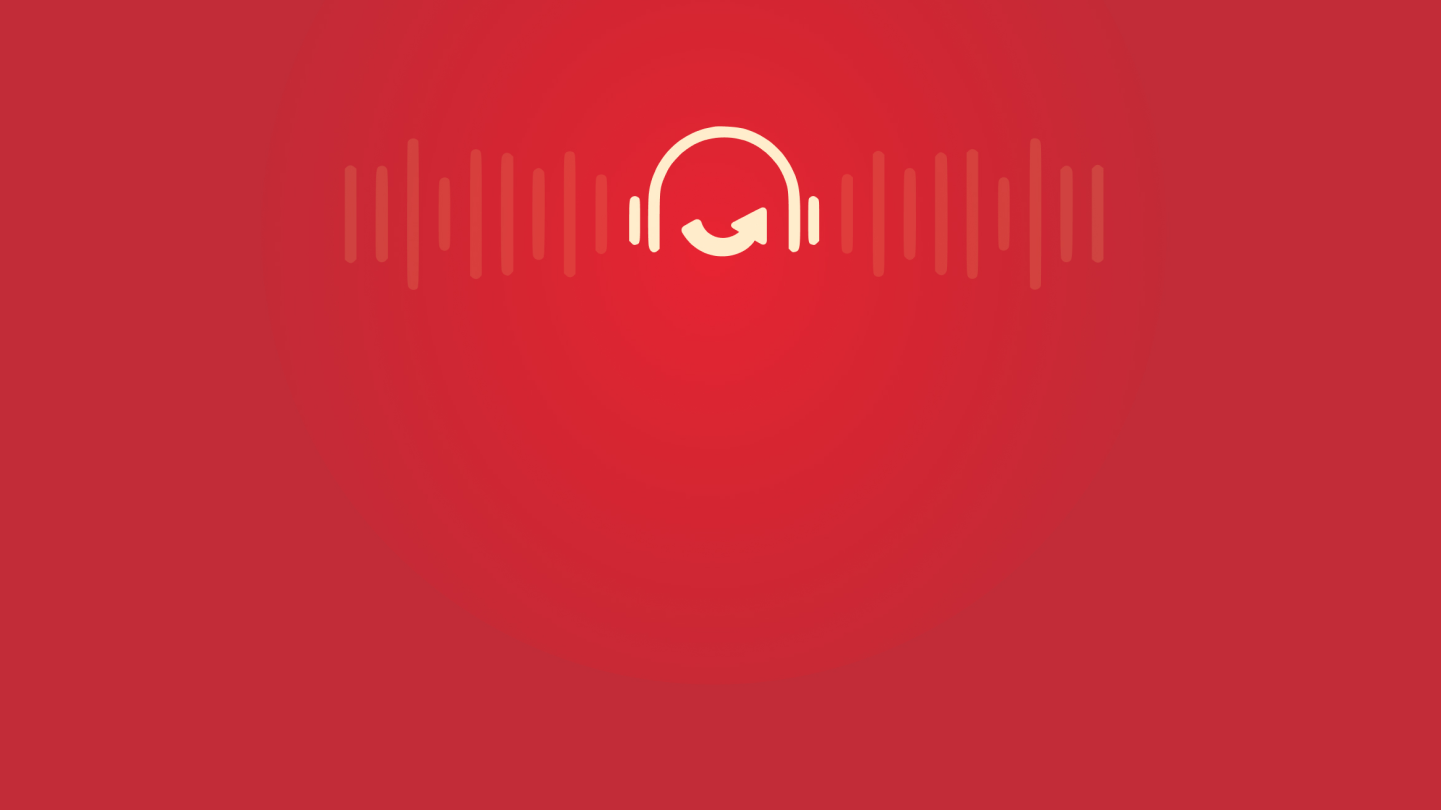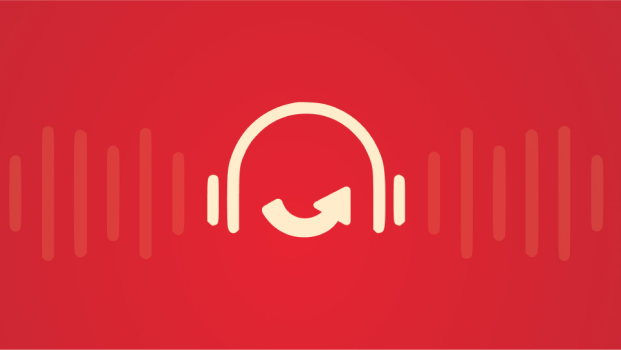Navigating innovation in highly governed ecosystems
Fail Faster
Episode 438
-21 minutes
Ashley Nelson, VP Innovation – Mastercard Foundry, joins us as we delve into the professional journey of an innovation and new product development expert.
From experiences at Citi and MasterCard to driving innovation in various global landscapes, the discussion unfolds the challenges and triumphs faced in a regulated industry. The conversation covers topics such as successful product stories, meeting market demands, gaining stakeholder trust, decision points for product decommissioning, and exciting developments in emerging technologies like AI and blockchain. Ashley also shares insights on handling diverse projects, the importance of continuous learning of the evolving market demands and delivering a service that is aligned with customer requirements within tight timelines.
Podcast transcript
Vandana: Hey, Ashley, welcome to the Fail Faster podcast. How are you today?
Ashley: I’m not too bad. How are you doing?
Vandana: I’m doing very well. Thank you so much for joining today. And let’s begin by sharing a little bit about your background and how you found yourself, you know, navigating the innovative landscape into this highly governed ecosystem at MasterCard.
Ashley: Thank you so much and thanks for the opportunity to be here.
Yeah, so for me, I am what they call a portfolio lead at MasterCard, which basically means that I help our core lines of business to de-risk areas of opportunity that they’re interested in exploring, and or do market research to help to identify new areas of opportunity to bring to the table. So broadly speaking, I’m an innovation and new product development professional.
I’ve been doing this for a number of years before joining MasterCard. I was an innovator in residence at Citi in a program between Citi Ventures and Citi FinTech, helping to do similar sort of works for the consumer bank. And then before that still was working in Asia Pacific, primarily between Hong Kong and Beijing, helping international companies to expand their market footprint. So primarily startups that were coming from Hong Kong, Singapore, Shanghai, to expand their market footprint into a Western audience or helping mostly European companies to set up businesses in the region.
Vandana: Wow, that’s a lot. And what a diverse background, right? So tell me more, like, when was the time that you recognize that this is your skill? Like, what were some of the early signs of what kept you here all this while?
Ashley: Yeah, I mean, I think honestly, for me, it wasn’t necessarily a skill per se, but more of a passion and an interest that created perseverance, if that’s not cheesy to say, when I was working with startups back in Asia, I just really loved the startup mentality, the ability to just kind of do whatever you plan to do. And for me, you know, kind of coming being fresh into my career, like that was such a novel concept, and so inspiring, which for now, it’s kind of old hat, which is great.
So I, you know, in that initial space of working with startups, I knew that I wanted to work in startups myself and did take on a few roles in startups. But then ultimately, I wanted to help to drive innovation and kind of tying the threads together with my consulting background, my financial services background, my loyalty background, which led me to where I am today.
Vandana: Awesome, awesome. And so reflecting on your journey, could you share a product story from when you joined the team that was selling phenomenally? And what were the factors that attributed to the success of that?
Ashley: For absolutely. So when I joined MasterCard, I actually took on a very niche role that’s a little bit different from what I’m doing today. I was the product owner of this product called provenance, which is all about supply chain traceability to allow for participants in the supply chain to share their ethics through to their customers.
So you imagine a supply chain is very multifaceted, you have your raw goods providers all the way through to whatever that final good is that is sold to a consumer. How can we effectively show the ethics of that previous step in the supply chain or the entirety of the supply chain to be able to drive value. And so this product had been in existence in MasterCard for a period of time. But with the confluence of the product, with COVID, I would say that it kind of hit the ground running.
Really, that’s where we kind of gained our speed. And so the product, you know, with all the supply chain difficulties became very prominent in kind of the stories that were being pulled in that time period where it’s hard to find. So that was hard to find really anything for that matter. And so how could we provide transparency into the supply chain to identify weak points and help business partners to kind of identify those risks in advance and plug the gaps where they can.
Vandana: That is like that sounds a lot. So what were some of the things that you know, you brought to the table to that was not there before, like the with your innovation, innovators hat on, you know, because you’re already playing in a very, very regulated industry. So tell us more about a little bit.
Ashley: Yeah, this was, this was a fun project, I have to say, for many different reasons. One, because the product is based on blockchain technology. So information security and best practices in that space, we’re still shaping up from like an official capacity, I suppose you could say at MasterCard at that time period. So it was a really great opportunity for me to partner very closely with our legal compliance regulatory folks to try to figure out, you know, what could be best practices in this space, and help to identify any sort of risks.
So it was a really great opportunity for me to work closely with our customers understand what data they truly needed to be able to operate in whatever their respective landscape is, we covered a multitude of different supply chains across multiple interest industries, who those answers were different, but then kind of ultimately boiled down to the same rough needs. So how could we take those needs and meet them in a way that would drive security for them, protections for MasterCard and this evolving landscape, but then also to have a performance product. So that was definitely one side for me.
And then the other side was, as you could imagine, the product was selling like hotcakes, it was a fantastic spot to be in. But kind of that point of confluence, I think that that founders both dream about, because, you know, you’re gathering all these requirements, you’re learning so much about the market in real time, and you’re trying to capture as much business as you possibly can. And so through that, I became actively involved in our sales conversations as a way to help to support kind of our product market fit.
So typically speaking, I would have done research with hypothetical customers to help to understand, you know, pain points in the space and all of that jazz, being able to do it with real customers was in one way a blessing and a curse, because it was part of a sales cycle. So it was a great way to find out exactly what someone was willing to pay for, which is very difficult to do in a more abstract format. But then also, there are requirements to follow through, right? Like you start talking about something, and then you have to build it, you need to do it. And you have to do it in very quick timelines, because, you know, we’re here to provide a service and a product that, that meets these needs.
Vandana: So not only it’s a product market fit, but also addressing the market demands, right? Like you said, this product was selling like hotcakes. So what were some of the things that you had to quickly do to meet that demand with the product fit, right, as you’re going through that? And how did you navigate the challenges of scaling up while maintaining product quality and the customer satisfaction all together? Like this seems like a huge task. But.
Ashley: Yeah, it’s interesting, because I think that this is where there was the divergence between like our research to date versus kind of the natural influx, I guess you could say, of how and why customers come to MasterCard in the first place that was impacting our understanding of the market. So when doing the research at large, and we were hearing that it’s difficult for an example to prove that a good that you’re looking to sell, for an example, in a high-end grocery store is truly organic, that it meets the ethics or standards that, that it’s claiming on the package.
So that’s really truly a data state. But our customers were coming to us because of issues in their supply chain that needed to be resolved via payments. So how can we help to prove that if the standards demanded by the buyer of this good are met, that the payment will actually be made in the dollar amount that was expected. So you’re asking for me to put an additional investment as the supplier, in proving that you know, this is a high quality good, you know, there’s a cost associated with not only building that, but also proving it, how can I ensure that you will actually reward me as though, which was based that MasterCard was asked, yes, a pardon, and honestly, makes sense. I mean, you know, we’re a global network that facilitates payments across the globe, typically to financial institutions. So how can we take that expertise and bring it to a supply chain ecosystem?
Vandana: Super, I mean, it, it sounds like, you know, everything was a breeze, but I’m sure it wasn’t.
Ashley: No, it was, it was, you know, it was a fantastic challenge. It was a really fun project. I personally speaking, I loved it because I learned so much about so many different organizations and technologies that previously I’d only, you know, kind of dip toes into. So it required a healthy learning curve that I think always makes projects fun and exciting.
Vandana: Absolutely. And let’s get into a little bit about the stakeholder buy-ins, right? Like gaining trust, and especially when, when you’re new also, right? Like maybe it takes maybe two to three years, I don’t know, like at least that much to, to kind of gain the trust of your teams and your senior leadership, right? Which is very, very crucial. So can you share some strategies and experiences that helped you establish that credibility and, you know, secure the buy-ins of the stakeholders?
Ashley: Absolutely. So yeah, and I think it’s an instance where, you know, no matter what your role is, coming into a new organization is always difficult, because you’re learning personalities, you’re learning best practices, you’re learning kind of the software development life cycles, in my instance, that weren’t very different.
I think that there are standards across, you know, most larger companies that kind of follow the same sort of path, but still there’s, there’s variance there that you need to account for. And so for me, it was a matter of building on the relationships that I know need to be perfectly in line to be able to be successful, especially in that high impact, high growth stage, where I mean, inevitably, there’s pressure coming down on engineering folks to deliver solutions that would meet our customers needs in high timelines, because we’re actively selling this product, right.
And so I think that that was something that I immediately knew, like needed to be needed to be, we need to have the perfect program. So the perfect process in place to kind of build comfort and confidence between these two groups.
And so, you know, I made sure that we had very clear reporting practices, very clear practices for ensuring that the requirements that were delivered to the engineering team was comprehensive, very clear communication, thank goodness, you know, being a part of the sales conversations, and kind of taking on a sort of solutions architects role allowed for me to step in and build comfort, both with our internal sales team, but also our internal sales team, as well as our engineering team, but also on the other side, being able to speak with authority and confidence about what we’re building, why we’re building it when we’ll be released and, and keeping those timelines so that everyone’s comfortable with that rapid pace, but then also that we can continue to have a trusted relationship with our partners.
Vandana: Awesome. Awesome. Well, I’m loving all the stuff that you’re sharing here. And with all of these, you know, decisions, there are also critical decisions about decommissioning. So how to handle those discussions and the decision points and what leads to decommissioning of a product in your opinion?
Ashley: Yeah, absolutely. I mean, I think that every institution has its own practices here and their own strategic objectives, I think that really kind of fold into that. So it’s not only you know, what the market dictates, it’s also to what the business dictates. So in the instance of MasterCard Provenance Solution, we did decide to decommission it in its traditional form, I think it’s maybe the best way to say it.
As I had mentioned before, the products we originally had assumed there would be a deep need for data oversight. And then over time, you know, the data requirements became limited, tied to whatever would be required to execute an automated payment. And so we basically took that functionality and collapse it into an existing business line that was doing this at a much larger scale, which is, you know, as a product owner, there’s pros and cons to it, right? Like, I think still kind of hurts a little bit, you know, like, you’re always sad when you have to end the product. But I was actively involved in the conversation to choose to decommission it.
And knowing that, you know, the work that my team put into building this phenomenal product will live on in a different form, with more access to customers, that better fits our business strategy. It’s, it’s a good decision. It was a great decision.
Vandana: No, I love that you said that it still lives in a different shape and form, right?
Ashley: Yeah!
Vandana: It’s there.
Ashley: No, I mean, honestly, for me on the product side, you know, being involved in the sales conversations, you see the writing on the wall. But there’s also like, a degree of separation, I think, for some of internal partnerships, where you need to clear the path before you can kind of inform folks of where things truly are. You know, like being able to say that our work lives on in a new, better place. It’s a great spot to be in. And I know not everyone gets the luck of that.
Vandana: Yeah, and it also, you know, adds to a lot of maturity, right? Like being with a product from the conception to the, to the whole production cycle, and the whole, you know, the magic when the peak of the product is and then also decommissioning. So it’s like a whole life cycle. And being through that gives you a kind of sense of maturity for the next two.
Ashley: Absolutely. So like learnings to carry forward, that is for sure.
Vandana: Yes. So what’s exciting, you know, which is looking ahead, what’s exciting for you, when it comes to development in the projects that, that you’re most excited about?
Ashley: Yeah, we’re doing some interesting stuff right now. So the, the great news about my current role, as opposed to my previous as like a product owner, is that I’m consulting product owners within the business to help them to identify what’s on their horizon. So you know, typically, as you could imagine, the product folks within MasterCard are focused on, you know, that first rise, and how can we improve what we have? How can we build better experiences for our customers?
And I’m fortunate enough to be able to look at that second, more often than not, third horizon to see, you know, how can we bring new technologies, new thoughts in to build new lines of revenue, improve drastically the products that we have to date, or, you know, just to explore new concepts that maybe weren’t within our realm of possibility before, or, you know, deep, when you think of you don’t necessarily think of MasterCard. And so because of that, I get the pleasure of doing some pretty cool things.
I have a number of projects that are exploring emerging technologies, AI, quantum computing, advanced data sciences, to help to see if how these technologies can improve some of our core business lines, in creation of algorithms, in customer servicing, and all sorts of things besides.
Another thing that I’m getting to touch quite a bit now, kind of coming from my background of provenance, working in a blockchain space, is how can the distributed ledger provide value, post crypto winter, and all the fun things that have come with that, right? So from more of a backend perspective, how can blockchain technology, how can distributed ledger technology support reconciliation across partners, potentially payments and things of that sort as well?
Vandana: Very exciting. Yeah, it’s a lot again, like it feels like you have a lot of stuff to dip your hat in.
Ashley: I think this is the greatest thing about my job, not to humblebrag, but like, you know, because we work with so many different partners across so many different things, like no day is the same. So if you would ask me yesterday, what was exciting me, probably would have been a different story. But broadly speaking, those are, those are kind of the key themes I think that are getting me up and getting me going in the morning.
Vandana: Very cool. Well, I wish you all the good lessons and good luck, you know, as you are proceeding in these directions. Anything else, Ashley, that I haven’t asked you that you want to share with the audience before we wrap up?
Ashley: Nothing that really comes top of mind, I just think, more than anything, personal advice, something I’ve been thinking about a lot, being in the product space myself, and recently going remote or actually post COVID going remote, it’s just like the importance of talking to different folks outside your organization, and listening to conversations and podcasts such as this, to learn about the marketplace. I don’t know, just something that I’ve noticed after a few healthy months of head down, we’re kind of preparing for our budget cycles and all that fun stuff at the end of the year, is that you kind of come out and you realize that you need to have that, that I don’t know, that various perspective to help to guide you to whatever is next for you, whether it’s in your current role or another thing. So just something that I’ve been thinking a lot about, and I’m very lucky to be part of this conversation today. And hopefully you’ll go and continue to keep learning yourself.
Vandana: Oh, absolutely. Well, we have been lucky to have you. This was such a wonderful conversation, very short, but too much insight and wisdom. Thank you so much and we would love to bring you back also, Ashley. So let’s keep in touch. And, and yeah, whatever else is happening in cooking, we’d love to bring you back to that too. Sounds like a plan.
Ashley: Thank you so much.
Vandana: Thank you.








